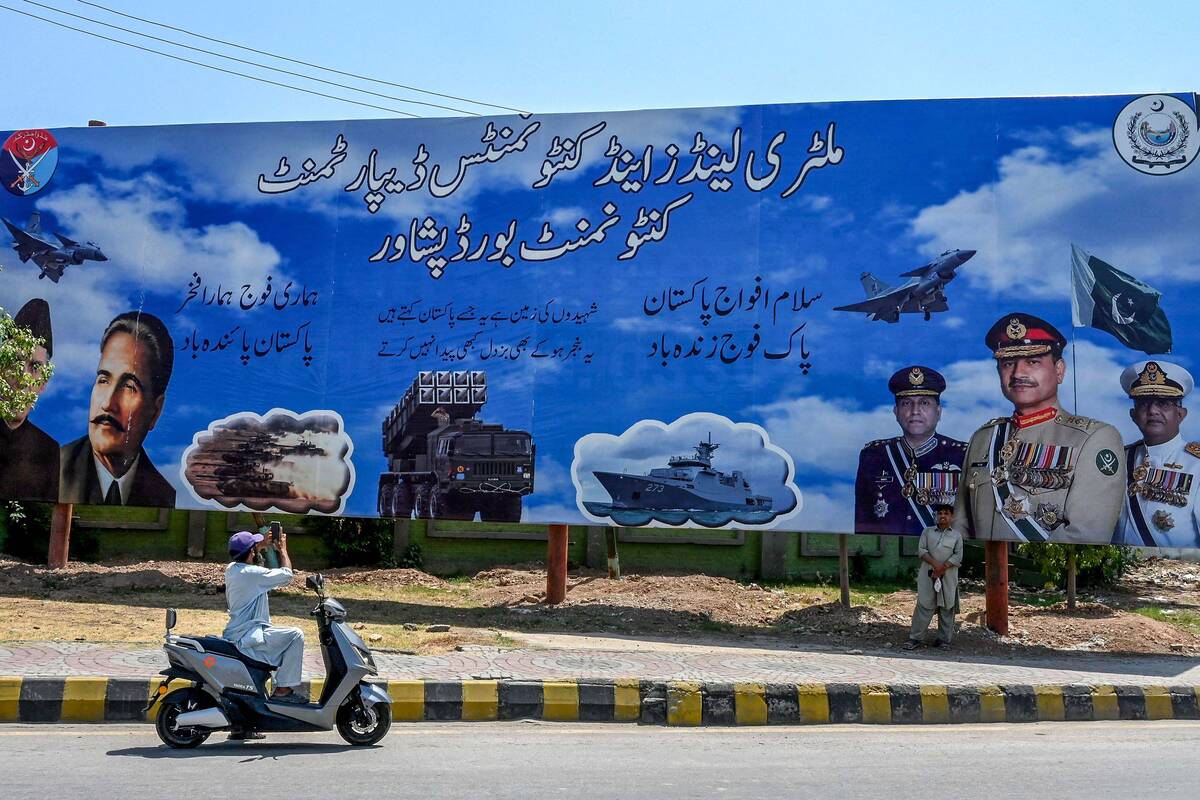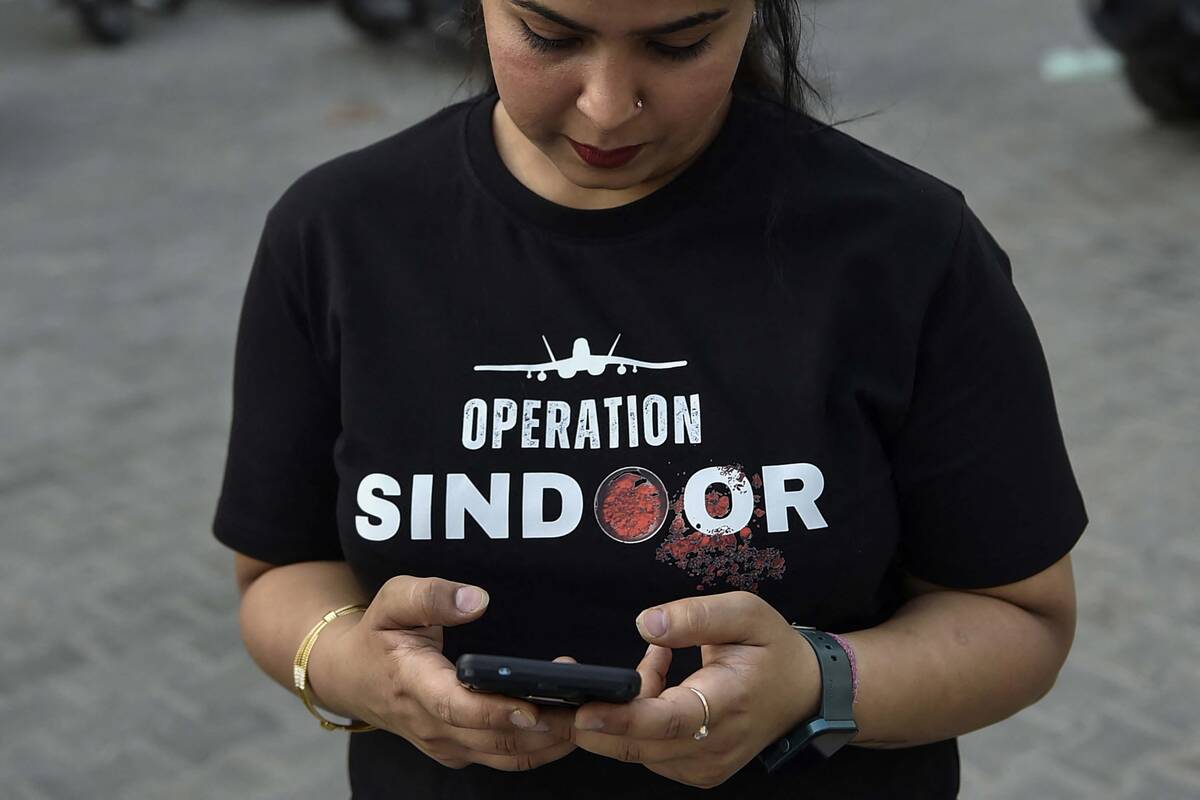ISLAMABAD: The World Bank Group’s (WBG) Boards of Executive Directors on Tuesday announced a decade-long Country Partnership Framework (CPF) for Pakistan, a plan the administration in Islamabad hopes will channel $40 billion in economic support to drive inclusive and sustainable development.
The country plan is a strategic framework that shapes the WBG’s long-term engagement with a country. It is built on a thorough assessment of the nation’s critical challenges and opportunities, ensuring that the group’s financial, technical and advisory resources are precisely aligned with the country’s development priorities for optimal impact.
According to the World Bank, the new framework for Pakistan targets six major areas, including education, health care, environmental resilience and financial management.
“Our new decade-long partnership framework for Pakistan represents a long-term anchor for our joint commitment with the Government to address some of the most acute development challenges facing the country,” said Najy Benhassine, World Bank Country Director for Pakistan. “Support to policy and institutional reforms that boost private sector-led growth and create fiscal space to finance the investments needed to address these challenges will remain key in our engagements.”
According to a statement from Pakistan’s Economic Affairs Division, the World Bank and its partner institutions have committed a total of $40 billion under the framework. This includes $20 billion from the International Development Association (IDA) and the International Bank for Reconstruction and Development (IBRD), while an additional $20 billion will come from the International Finance Corporation (IFC), which focuses on private sector development.
The WBG noted that the country plan aims to reduce child stunting by improving access to clean water, sanitation and nutrition services, while also addressing learning poverty through better foundational education.
Other priorities include bolstering resilience to floods and climate-related disasters, improving food and nutrition security, promoting cleaner energy and better air quality, and enhancing fiscal management to create space for development spending.
Zeeshan Sheikh, IFC Country Manager for Pakistan and Afghanistan, highlighted the importance of private sector participation in these areas, saying, “We are focused on prioritizing investment and advisory interventions that will help crowd-in much needed private investment in sectors critical for Pakistan’s sustainable growth and job creation, including energy and water, agriculture, access to finance, manufacturing and digital infrastructure.”
The framework also includes cross-cutting measures such as expanding social safety nets, advancing financial inclusion and enhancing digital and transport connectivity to protect vulnerable populations, particularly women.
Since commencing operations in Pakistan in 1950, the WBG has provided over $48.3 billion in assistance through IBRD, invested $13 billion via IFC to advance private sector-led growth, and delivered $836 million in guarantees through Multilateral Investment Guarantee Agency (MIGA).
Currently, the WBG’s portfolio in Pakistan includes 106 projects with a total commitment of $17 billion.



















